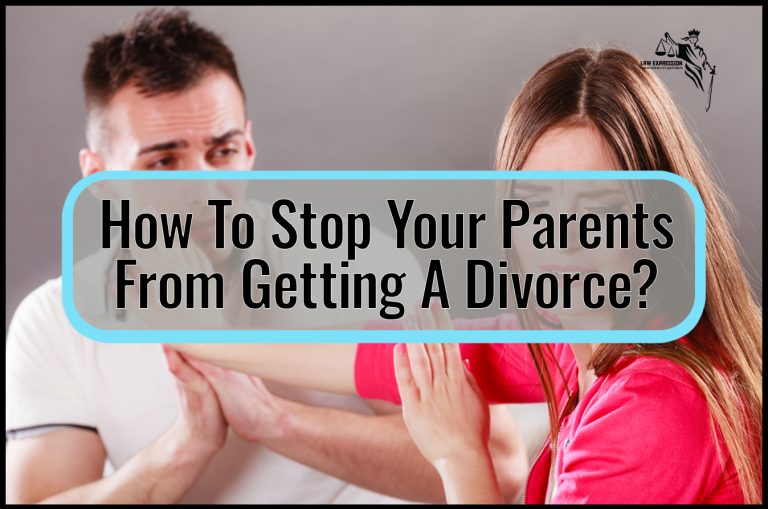Can You Buy Umbrella Insurance After an Accident
Yes, you can buy umbrella insurance after an accident. It is important to understand that umbrella insurance does not cover the underlying cause of the accident, but it does provide additional coverage for damages and injuries that exceed the limits of your primary insurance policy. If you are sued for damages or injuries caused in an accident, your umbrella policy can help protect your assets and income.
- Research the different types of umbrella insurance policies available
- Find out what type of coverage you need and what your budget is
- Shop around for the best rates and coverage
- Choose the policy that best meets your needs and budget
Can I Buy Umbrella Insurance Separately
If you’re like most people, you probably have personal umbrella insurance to protect your assets in the event that you’re sued. But what if you want to purchase umbrella insurance separately? Is it possible?
The short answer is yes, you can buy umbrella insurance separately. However, there are a few things you need to keep in mind before doing so. For one, umbrella policies are usually only offered by certain insurers.
And secondly, the cost of an umbrella policy will vary depending on the insurer and the coverage limits you choose.
That said, if you’re interested in buying umbrella insurance separately, we recommend shopping around and comparing quotes from multiple insurers. This will help ensure that you get the best coverage at the most affordable price.
Can You Be Denied Umbrella Insurance?
An umbrella insurance policy is an extra layer of protection that can help cover costs if you’re sued or held liable for damages. While umbrella insurance isn’t required, there are some instances where it could be a good idea to have this type of coverage. So, can you be denied umbrella insurance?
It’s possible to be denied umbrella insurance, but it’s not common. In order to qualify for an umbrella policy, you’ll first need to have a primary liability policy in place (such as auto or homeowners insurance). If you don’t have a primary liability policy, most insurers will deny your application for an umbrella policy.
Even if you do have a primary liability policy, there are still some circumstances where you could be denied coverage under an umbrella policy. For example, if you have a history of making claims on your primary liability policy, or if you’ve been convicted of certain crimes, you may not be eligible for coverage under an umbrella policy.
If you’re not sure whether or not you qualify for umbrella insurance, the best thing to do is speak with your insurer directly.
They’ll be able to tell you whether or not you meet their eligibility requirements and help guide you through the process of applying for coverage.
When Should You Get Umbrella Insurance?
If you live in an area with severe weather conditions, then umbrella insurance is a good idea. This type of policy will protect your assets in the event that you are sued for damages. It can also provide coverage if you are liable for someone else’s injuries.
Does an Umbrella Policy Cover a Lawsuit?
An umbrella policy is an insurance that provides coverage beyond the limits of your homeowners, auto, or watercraft policy. An umbrella policy can help protect your assets and income if you’re sued for damages. It may also provide coverage for certain claims that are excluded from your other policies, such as defamation or slander.
Umbrella policies typically have a much higher limit than your other policies – often $1 million or more – and they cover both bodily injury and property damage. That means if you’re sued for damaging someone’s property or causing them bodily harm, your umbrella policy can help pay for the resulting damages (up to the limit of the policy). Most umbrella policies also include personal liability protection, which can help cover costs if you’re sued for something like defamation or slander.
So if you’re accused of making harmful statements about someone that damage their reputation, an umbrella policy could help cover the resulting legal costs.
Is an Umbrella Policy a Waste of Money?
An umbrella policy is a type of insurance that provides liability coverage above and beyond the limits of your home, auto, or watercraft insurance policies. It can also provide coverage for certain claims that may be excluded by your other policies, such as libel and slander. An umbrella policy typically costs $200 to $300 per year for $1 million in additional protection.
For most people, an umbrella policy is a wise investment. If you have substantial assets, an umbrella policy can help protect them in the event that you are sued. Even if you don’t have many assets, an umbrella policy can still be useful because it can cover expenses such as legal fees and court costs that would not be covered by your regular insurance policies.
There are some situations where an umbrella policy may not make sense. For example, if you live in a state with low liability limits and you don’t have many assets, you might not need the extra coverage. Or if you already have a high limit on your auto insurance policy, you might not need the added protection of an umbrella policy since your auto insurer would likely pay any damages above your liability limit.
Ultimately, whether or not an umbrella policy makes sense for you depends on your individual circumstances. If you’re unsure whether or not you need one, talk to your insurance agent or financial advisor to get their professional opinion.
What is an Umbrella Policy and Do you even need one?
Conclusion
If you’re in an accident and your car is totaled, your umbrella policy will cover the difference between what your car insurance pays and what you owe on the car. If you don’t have umbrella insurance, you’ll be responsible for the entire amount.

